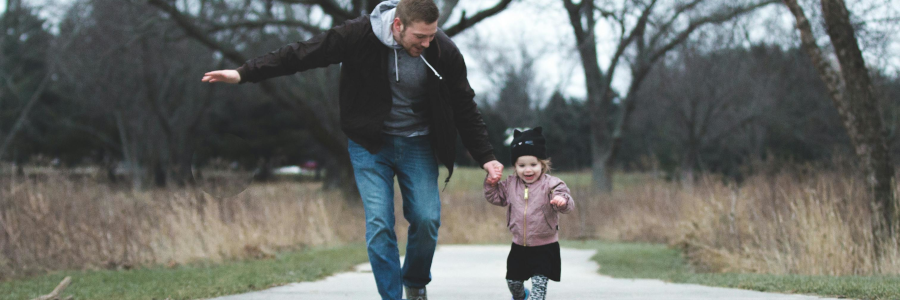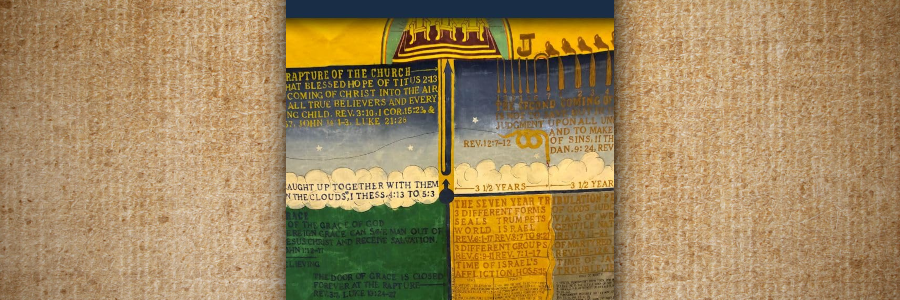Toward a Theologically Minded Church
Body
“So one thing we all need to do is ask ourselves, What is my study of theology resulting in in me? How is how is this changing me? How is it affecting me? Am I growing and is that demonstrated by the way I’m relating to my brothers and sisters in Christ” - TGC



Discussion